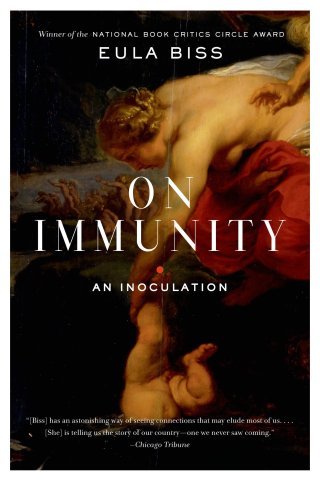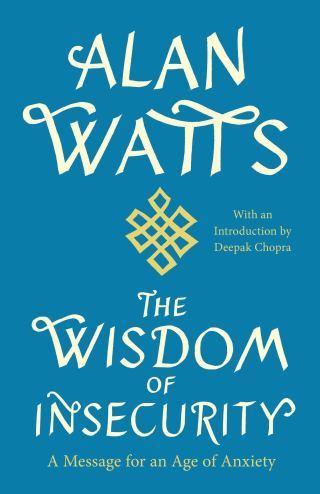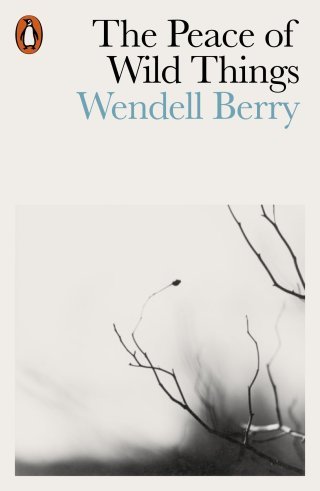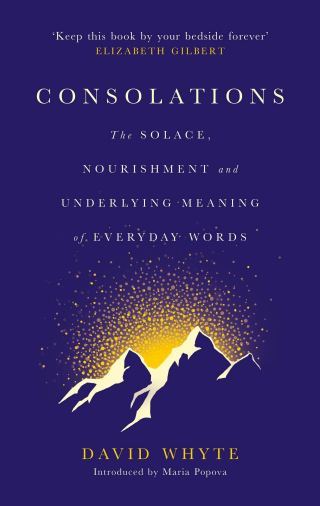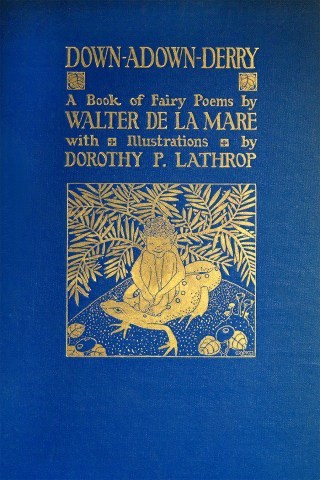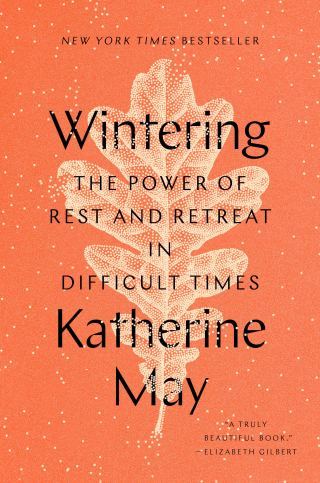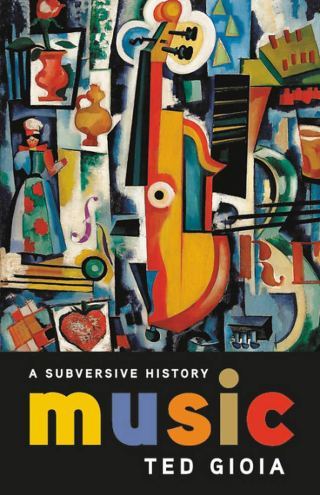Maria Popova's Blog, page 92
March 19, 2021
Immunity, Interdependence, and the Shared Root of Our Safety and Our Sanity: Eula Biss on the Science and Social Dynamics of Health as Communal Trust
Months after Rachel Carson’s Silent Spring awakened humanity to the delicate interdependence of nature, Dr. King awakened humanity to our delicate dependence on each other. “We are caught in an inescapable network of mutuality [and] whatever affects one directly, affects all indirectly,” he wrote from ...
The Herd, the Hive, and the Human Spirit: Eula Biss on Immunity, Sanity, and Health as Communal Trust
Months after Rachel Carson’s Silent Spring awakened humanity to the delicate interdependence of nature, Dr. King awakened humanity to our delicate dependence on each other. “We are caught in an inescapable network of mutuality [and] whatever affects one directly, affects all indirectly,” he wrote from ...
March 18, 2021
A Cenotaph for Newton: The Poetry of Public Spaces, the Architecture of Shadow, and How Trees Inspired the World’s First Planetarium Design
Nineteen years after the publication of Isaac Newton’s epoch-making Principia — in England, in Latin — the prodigy mathematician Émilie du Châtelet set out to translate his ideas into her native French, making them more comprehensible in the process. Her more-than-translation — which includes several of her mathematical corrections and clarifications of Newton’s imp...
March 16, 2021
Alan Watts on Love, the Meaning of Freedom, and the Only Real Antidote to Fear
“Fearlessness is what love seeks,” Hannah Arendt wrote in her superb 1929 meditation on love and how to live with the fundamental fear of loss. “Such fearlessness exists only in the complete calm that can no longer be shaken by events expected of the future… Hence the only valid tense is the present, the Now.”
Half a century before her, Leo Tolstoy — who befriended a Buddhist mon...
Alan Watts on the Meaning of Freedom, the Only Real Antidote to Fear, and the Deepest Wellspring of Love
“Fearlessness is what love seeks,” Hannah Arendt wrote in her superb 1929 meditation on love and how to live with the fundamental fear of loss. “Such fearlessness exists only in the complete calm that can no longer be shaken by events expected of the future… Hence the only valid tense is the present, the Now.”
Half a century before her, Leo Tolstoy — who befriended a Buddhist mon...
March 12, 2021
The Peace of Wild Things: Wendell Berry’s Poetic Antidote to Despair, Animated
Two hundred years ago, in a prophetic book envisioning a twenty-first-century world savaged by a deadly pandemic, Mary Shelley considered what makes life worth living, insisting that in the midst of widespread death and despair, we must seek peace in the “murmur of streams, and the gracious waving of trees, the beauteous vesture of earth, and sublime pageantry of the skies.” A century later, Willa Cather — another immensely talented, immens...
March 10, 2021
Proximity: A Meditative Visual Poem for Those Reaching for Something They Can’t Quite Grasp, Inspired by Trees
When I am sad, I like to imagine myself becoming a tree. Branches that bend without breaking, fractal with possibility, reaching resolutely toward the light. Roots touching the web of belonging beneath the surface of the world, that majestic mycelial network succoring and nurturing and connecting tree to tree — connection so effortless, so imperturbable, so free from the fragility of human relationships.
Aft...
March 9, 2021
Dorothy Lathrop’s Dreamscapes: Haunting Century-Old Illustrations of Fairy-Poems by the Woman Who Became the First to Win the Caldecott Medal
In the final stretch of World War I, having earned a degree from the Pennsylvania Academy of Fine Arts in an era when under 4% of women graduated college, Dorothy Pulis Lathrop (April 16, 1891–December 30, 1980) was commissioned to illustrate a book of experimental imagist poems by a young American poet who would win the Pulitzer Prize two decades later. She never received her commission — the publisher went bankrupt. But her art captured the at...
March 6, 2021
Wintering: Resilience, the Wisdom of Sadness, and How the Science of Trees Illuminates the Art of Self-Renewal Through Difficult Times
Rilke reverenced winter as the season for tending to the inner garden of the soul: “Suddenly to be healed again and aware that the very ground of my being — my mind and spirit — was given time and space in which to go on growing,” he wrote to a grief-stricken young woman who had reached out to him fo...
March 2, 2021
How Pythagoras and Sappho Radicalized Music and Revolutionized the World
“To create today is to create dangerously,” Albert Camus told a gathering of young people at the peak of the Cold War, shortly after becoming the second-youngest laureate of the Nobel Prize. “The question, for all those who cannot live without art and what it signifies, is merely to find out how, among the police forces of so many ideologies… the strange liberty of creation is possib...

